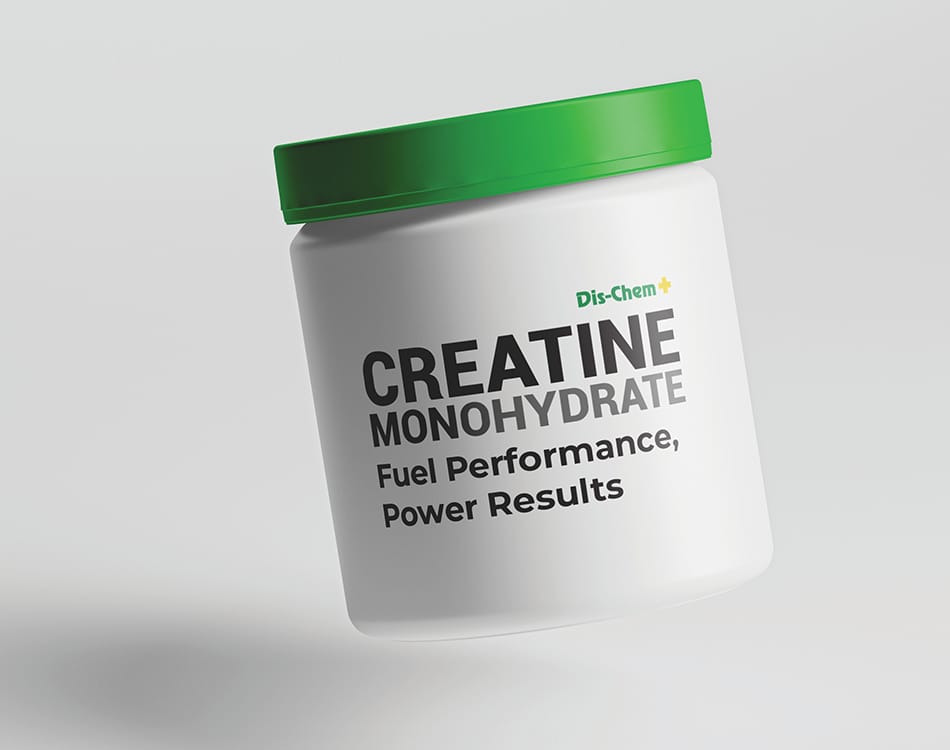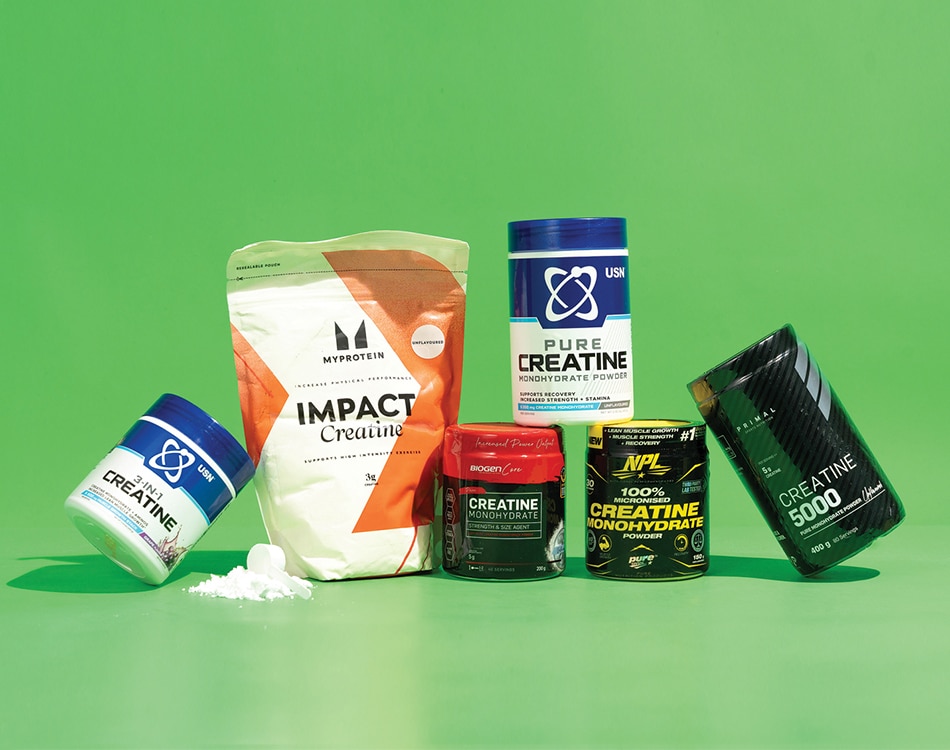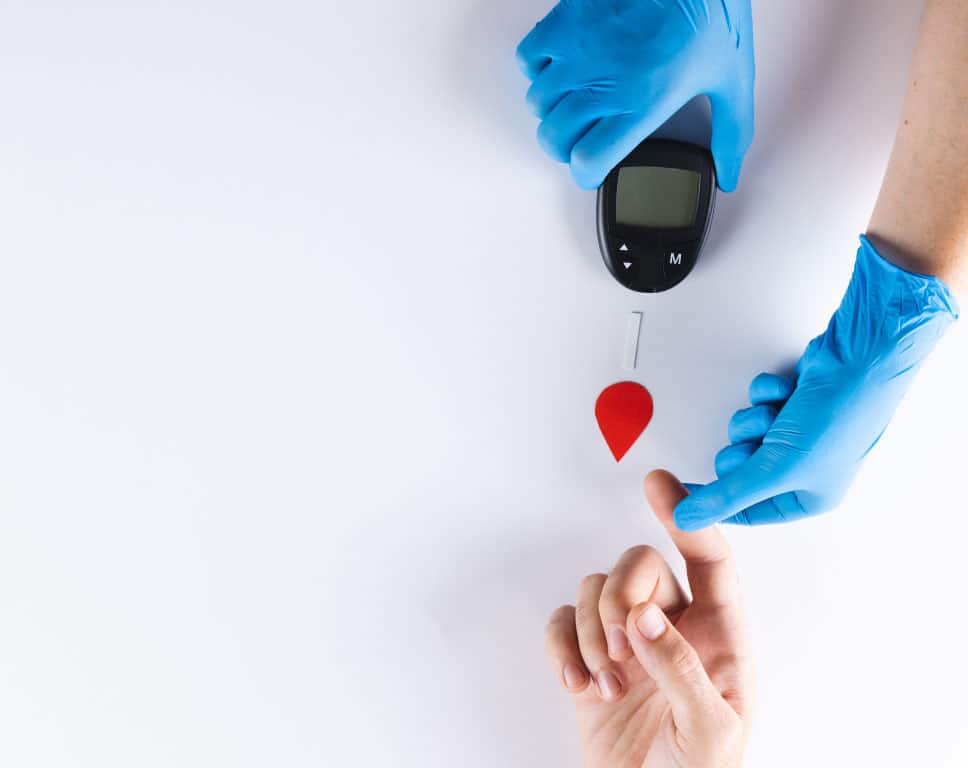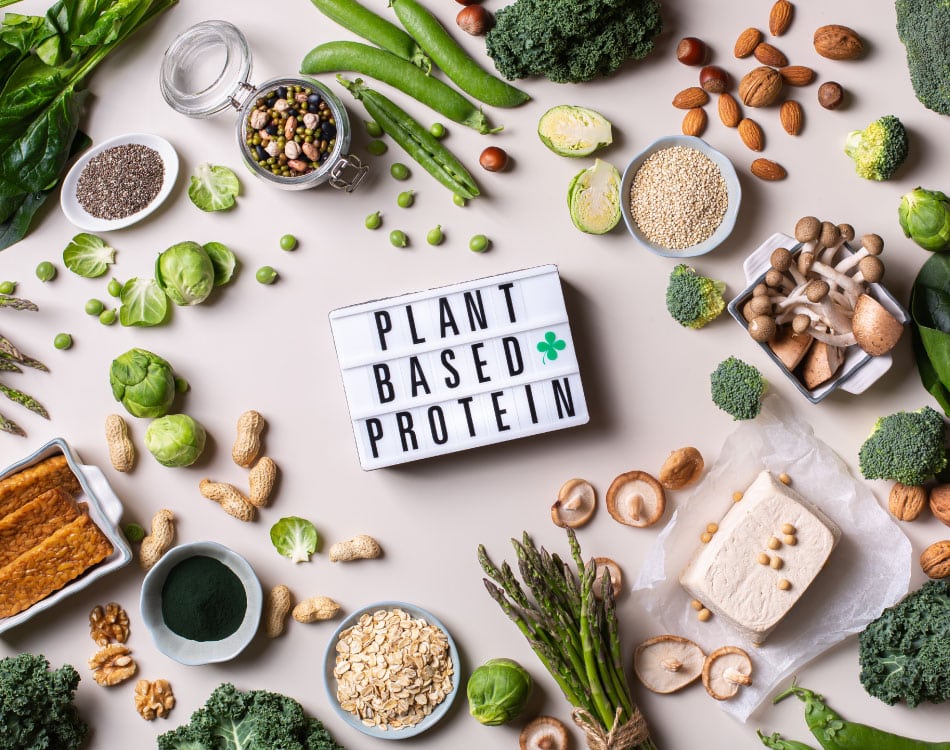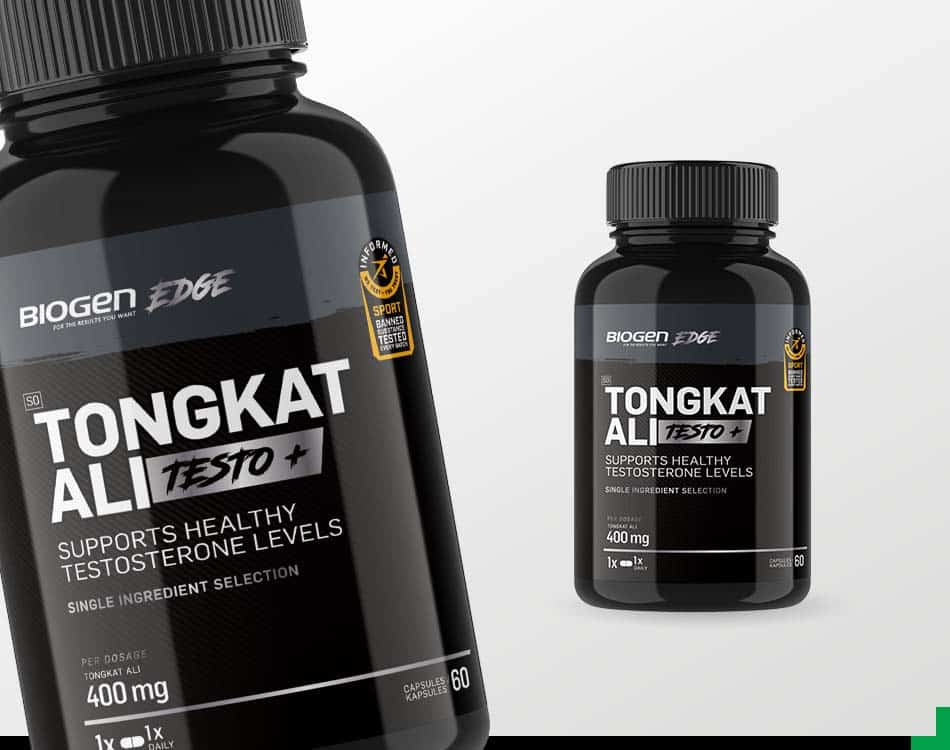Understanding how creatine works is essential if you want to get the most out of your training and supplementation routine.
Creatine is a naturally occurring compound that plays a pivotal role in the production of ATP (adenosine triphosphate) — the primary energy source your body relies on for explosive, short-duration activities like sprinting, lifting, and jumping.
Creatine and ATP: Your body's energy cycle
When your muscles contract during high-intensity efforts, your body taps into ATP for quick energy. However, your ATP reserves are limited and deplete rapidly. This is where phosphocreatine (PCr) comes in.
Phosphocreatine donates a phosphate group to ADP (adenosine diphosphate) to regenerate ATP, allowing your muscles to keep firing without fatiguing too soon. By increasing creatine stores in the muscle, you boost the availability of PCr, helping you produce more ATP during intense training sessions.
Why supplementing with creatine matters
Although creatine is found in certain foods like red meat and fish, the amount isn't always sufficient for athletes or those training at higher intensities. The majority of the body's creatine is stored in muscle, and these stores are limited.
Supplementing with creatine, especially creatine monohydrate, has been shown to significantly increase the muscle's intracellular levels of both creatine and phosphocreatine. This creates a larger energy reservoir, leading to:
- Greater strength and power output
- Improved high-intensity performance
- Faster recovery between sets
Creatine Monohydrate: The gold standard
Among the various forms of creatine on the market, creatine monohydrate remains the most studied and trusted.
Chemically, it's a combination of creatine and water—each molecule consists of about 88% creatine and 12% water.
Decades of research support its effectiveness. Studies have consistently shown that supplementing with creatine monohydrate for 4 to 12 weeks can boost muscle creatine and PCr levels by 20–40%, resulting in noticeable gains in strength, endurance, and muscle size.
How a creatine supplement can support your performance:
- Creatine boosts exercise capacity
Creatine works by increasing high-intensity exercise capacity. According to the International Society of Sports Nutrition's position stand³, "creatine monohydrate is the most effective ergogenic nutritional supplement currently available to athletes in terms of increasing high-intensity exercise capacity and lean body mass during training." - Creatine helps build muscle
Boosting creatine stores with a supplement enables you to sustain the intense short duration muscle contractions for longer during resistance training sessions.By increasing strength, power and muscular endurance in this way, you can train harder for longer, which increases the stimulus muscle tissue needs to grow back stronger and bigger with the appropriate recovery and nutritional support.This enhanced work capacity delivers creatine's muscle-building benefits, rather than any direct effects on muscle protein synthesis (MPS), as is the case with supplemental protein. - Creatine may help to spare muscle tissue
Research by a team of Australian scientists has shown that creatine may deliver a greater muscle-sparing effect than whey protein.In the study⁴ funded by AST Sports Science, a research team led by Matthew Cooke imposed controlled, chemically induced damage to the skeletal muscle tissue of lab rats to test the myo-protective potential of supplemental creatine (CR) compared to that of whey protein (WP).The study results showed that the creatine-supplemented muscles "displayed a greater proportion of non-damaged (intact) fibres and larger cross-sectional areas of regenerating and non-damaged fibres compared to CON (control) muscles at day 7 post-injury. At day 14 post-injury, CR-supplemented muscles generated higher absolute forces concomitant with greater contractile protein levels compared to CON and WP-supplemented muscles."Based on the findings, the researchers concluded that: "Creatine supplementation appears to offer an element of myoprotection which was not observed following whey protein supplementation." - Creatine may aid recovery
The findings from the study, which were published in the journal Nutrients, suggest that the ability of a creatine supplement to support muscle growth run deeper than its ability to generate functional strength.According to the Australian researchers, observations from the study suggest that supplementing with creatine reduces the extent of muscle damage and/or enhances the growth of the regenerating fibres.They suggest that the structural improvements are due to increased cell fluid volume that occurred in the earlier stages of the study, which may underpin the benefits observed in the later stages of recovery. - Possible endurance benefits
For endurance athletes, creatine can improve race performance, with a study⁵ published in 2023 determining that "creatine supplementation appears to be more effective at improving performances that require multiple surges in intensity and/or during end spurts, which are often key race-defining moments."According to Deminice et al. (2013), creatine supplementation inhibited the increase of inflammatory markers in response to intermittent anaerobic sprint exercise.Study findings also suggest that creatine can assist athletes in tolerating heavy increases in training volume as it helps with the enhancement of glycogen loading (Nelson et al. 2001), while also promoting greater recovery (Cooke and colleagues, 2009) after an intense training session as athletes experience a decrease in inflammation while on a creatine protocol.
Creatine and kidneys
Over the years, researchers have examined the impact of creatine on renal function after some negative reports raised concern. To date, no compelling evidence of this has been found.
Reports of kidney damage associated with creatine use are scant⁶, with a meta-analysis⁷ of 200 non-duplicated studies concluding that "creatine supplementation does not induce renal damage in the studied amounts and durations".
However, creatine supplements should not be used in people with chronic renal disease or those using potentially nephrotoxic medications⁶.
The only potential harm from creatine on the kidneys, looking at case study evidence, is cases where people with existing kidney disorders are treated with diuretics. The latter can help a patient with a medical condition, and consuming anything that increases water retention (such as creatine) can work against the drug. Rare case reports have been refuted in a number of clinical studies showing creatine does not cause dehydration, muscle cramping or gastrointestinal upset. Creatine has, in fact, been found to reduce the incidence of many of these anecdotally reported side effects.
READ MORE | Creatine Dosing strategies Explained
Creatine use among adolescents
Based on research⁹, a significantly higher proportion of male athletes reported using creatine compared to female athletes (72.0% vs. 28.0%).
Additionally, a higher proportion of athletes in the 17–18 year age group reported creatine use, compared to the 15–16 year old group (60.0% vs. 40.0%).
The study confirmed that: "While limited in scope, studies involving creatine supplementation and exercise performance in adolescent athletes generally report improvements in several ergogenic outcomes with limited evidence of ergolytic properties and consistent reports indicating no adverse events associated with supplementation."
References
- Creatine and Phosphocreatine: A Review of Their Use in Exercise and Sport. J Athl Train. 1997 Jan-Mar; 32(1): 45–51.
- Role of Creatine Supplementation in Conditions Involving Mitochondrial Dysfunction: A Narrative Review. Nutrients 2022, 14(3), 529; https://doi.org/10.3390/nu14030529.
- International Society of Sports Nutrition position stand: creatine supplementation and exercise. J Int Soc Sports Nutr. 2007; 4: 6. Published online 2007 Aug 30. doi: 10.1186/1550-2783-4-6
- Myoprotective Potential of Creatine Is Greater than Whey Protein after Chemically-Induced Damage in Rat Skeletal Muscle. Nutrients. 2018 May; 10(5): 553. Published online 2018 Apr 30. doi: 10.3390/nu10050553.
- Forbes SC, Candow DG, Neto JHF, Kennedy MD, Forbes JL, Machado M, Bustillo E, Gomez-Lopez J, Zapata A, Antonio J. Creatine supplementation and endurance performance: surges and sprints to win the race. J Int Soc Sports Nutr. 2023 Dec;20(1):2204071. doi: 10.1080/15502783.2023.2204071. PMID: 37096381; PMCID: PMC10132248.
- Vega J, Huidobro E JP. Efectos en la función renal de la suplementación de creatina con fines deportivos [Effects of creatine supplementation on renal function]. Rev Med Chil. 2019 May;147(5):628-633. Spanish. doi: 10.4067/S0034-98872019000500628. PMID: 31859895.
- de Souza E Silva A, Pertille A, Reis Barbosa CG, Aparecida de Oliveira Silva J, de Jesus DV, Ribeiro AGSV, Baganha RJ, de Oliveira JJ. Effects of Creatine Supplementation on Renal Function: A Systematic Review and Meta-Analysis. J Ren Nutr. 2019 Nov;29(6):480-489. doi: 10.1053/j.jrn.2019.05.004. Epub 2019 Jul 30. PMID: 31375416.
- Hultman, E., Soderlund, K., Timmons, J. A., Cederblad, G., & Greenhaff, P. L. (1996). Muscle creatine loading in men. Journal of Applied Physiology, 81(1), 232-237.
- Jagim AR, Kerksick CM. Creatine Supplementation in Children and Adolescents. Nutrients. 2021 Feb 18;13(2):664. doi: 10.3390/nu13020664. PMID: 33670822; PMCID: PMC7922146.

